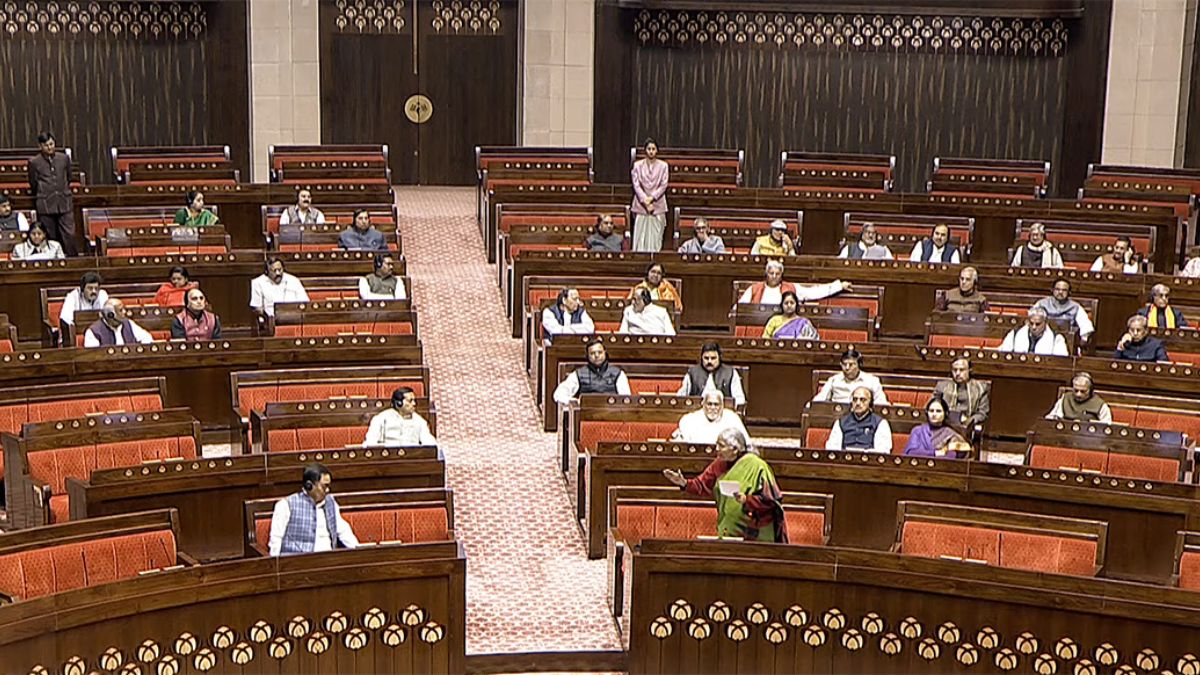- By Vivek Raj
- Thu, 21 Dec 2023 07:53 AM (IST)
- Source:JND
Following the Lok Sabha's approval of the new criminal code bills, members of the INDIA bloc engaged in discussions on the potential legal challenges to the "loopholes" in the legislation. During a floor leaders' meeting organised at Congress president Mallikarjun Kharge's residence, considerations for a Supreme Court challenge were explored, with Opposition members suggesting the possibility of Rajya Sabha member Abhishek Singhvi leading the legal charge once the bills clear both Houses.
The discussion, held a day after a broader INDIA bloc meeting focused on seat-sharing agreements and a joint campaign plan, centered around the contentious Bharatiya Sakshya (Second) Bill, Bharatiya Nagarik Suraksha (Second) Sanhita, and Bharatiya Nyaya (Second) Sanhita.
The bills, aimed at replacing the Indian Penal Code, Code of Criminal Procedure, and Evidence Act, were passed via voice vote amid the suspension of 97 Opposition members from the Lok Sabha, marking an unprecedented action during the ongoing winter session.
Trinamool's Saugata Ray, present in the meeting, stated, "We discussed the bills, and it was decided that the loopholes in the proposed laws would be challenged in the Supreme Court."
Singhvi highlighted concerns about the creation of two sets of anti-terror laws within the new code and the absence of guidelines for deputy SP-level officers in selecting applicable anti-terror laws. He expressed reservations about the parallel legislation on organised crime, stressing on the need for clarity and consistency.
“The new code creates two sets of anti-terror laws. The existing UAPA [or Unlawful Activities (Prevention) Act] and now the whole set of anti-terror provisions in the new criminal codes. The codes also leave the discretion to deputy SP-level officers to choose which anti-terror laws would be applicable in a case. No guidelines or criteria has been laid on how to pick between the two laws,” said Singhvi.
“They do a similar thing with organised crime legislation. While Maharashtra has MCOCA or Rajasthan has RCOCA, the new bills again create two sets of laws,” Singhvi added.
Former Union home minister P Chidambaram, in a dissent note to the parliamentary panel on home affairs in November, criticised specific clauses in the Bharatiya Nyay Sanhita, deeming them "retrograde as well as unconstitutional." He specifically objected to Clause 5, describing it as violative of Article 14 of the Constitution.
“Clause 111 refers to the offence of ‘ terrorist act’ and provides for the punishment thereof. The Unlawful Activities (Prevention) Act, 1967 is a comprehensive law that has stood scrutiny by Courts. It has special provisions on sanction for prosecution, burden of proof, etc. if there is need, the special law, UAPA, can be amended,” he said.

